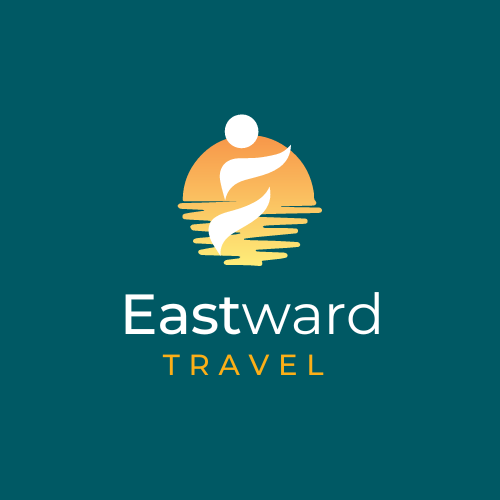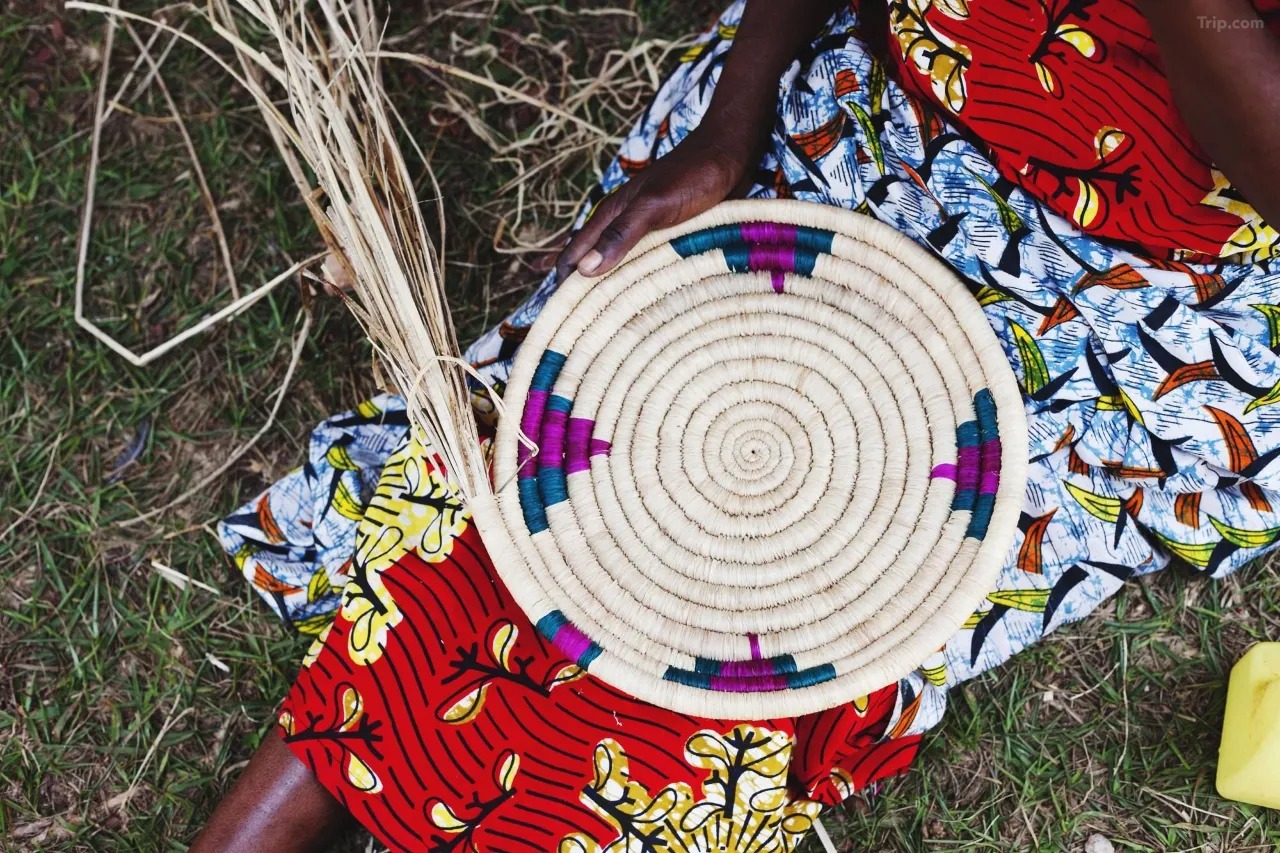As Rwanda marks 30 years after the 1994 Genocide against Tutsi, celebrating and amplifying the voices and contributions of women in sustainable tourism is worth a mention. During the last three decades women in tourism have demonstrated that they can move toward a future where travel enriches our lives, as well as the planet and the communities that call it home. Their inspirational leadership is making a significant difference in shaping a more sustainable future for the tourism industry, where equity, inclusion and environmental responsibility are paramount has been at the core of sustainable tourism activities in Rwanda.
There is no doubt that you will find women involved in various activities in most important historical and cultural sites in Rwanda. Their role is significant in hospitality and rich culinary traditions, which has positioned Rwanda as an ideal destination to grow travel and tourism, and harness its power for development work.
To tackle these and other issues, Urugo Women’s Opportunity Center is in the right path to support community-based tourism in Kayonza. The center was started after realizing that there was a need for women’s center around somewhere in Rwanda where women could meet, gain support, skills and resources. Founded by women for women international in 2013 courtesy of Bloomberg foundation and other donors, the center has been able to train about 3,000 women in areas of social protection, basket weaving, bead work, tailoring and traditional art painting among other skills.
More than 50 women have remained at the center to support the growth and sustainability of the center while others have moved on to start their own business. The benefits from the skills gained during the one-year training at the center go beyond employment and income generating activities with most of the women engaged in solving problems affecting their families and communities through dispute resolution by actively engaging in awareness raising campaigns and volunteer activities. Tourism to these women provides better opportunities for women’s participation in the workforce, women’s entrepreneurship and women’s leadership.
The center provides space for vulnerable women in and out of Kayonza to come and find resources, support and space for them to learn different skills. Engaging in activities at the center offered by women from the surrounding communities offers visitors a unique Rwandan cultural experience. The importance of these women’s engagement in sustainable tourism through the different activities at the center is to catapult its growth and achieve a thriving and resilient sector for the women aiming to inspire change and promote equal opportunities for women in the sector.
The Center attracts disadvantaged women from the neighboring communities who undergo vocational and life skills training. Upon completion women are enrolled at the centre and engage in income generating activities. Their stories are a true testimony that vulnerable women once empowered will play a significant role in the socio-economic transforming of their livelihoods and communities, thus addressing the tourist needs and contributing to economic growth.
One of their products that caught the attention of the entire world was a soccer ball made by these women during the visit of FIFA president Gianni Infantino during last year’s FIFA congress held in Kigali where he expressed his appreciation for such innovation. “This ball has been manufactured by some women, some ladies who survived the genocide in this country and to have life they are producing many beautiful things amongst these things’ footballs, footballs to give smiles, joy and enjoyment to children all over the world and of course Rwanda. I would like to start by challenging every one of you to buy one of these balls”, Said FIFA president Gianni Infantino. They started making these soccer balls from banana fibers and latter transformed to leather.
Tourism has a huge impact on the global economy, helping to create jobs and eliminate poverty. Women also play an important role in promoting tourism sustainability. A visit to the center highlights how sustainable tourism development can support the empowerment of women and sustainable growth of rural tourism. Women’s empowerment mediates the relationship between these factors and sustainable development of rural tourism, which also positively impacts sustainable community, economic, environmental, and cultural development. Therefore, promoting women’s empowerment and enhancing their access to education and resources are essential for achieving sustainable growth of rural tourism and community development.
The Center is the first Women for Women International social enterprise that provides underprivileged rural women space for training, self-empowerment, and business mentoring with market ready facilitates such; a roadside market place, classrooms, tented camp, hostel and restaurant among other things where women showcase their products. This has made this center a popular stop for tourists enroute to and from Akagera National Park to cool of as they enjoy the stunning view the Center offers from its main compound as the visitor’s eyes get lost and wonder in the spectacular overlying valley and rolling hills across. Others stop by for a refreshing cup of coffee or buy a souvenir from the women’s crafts shop by the roadside.
The center is known for being eco-friendly and was built with bricks handcrafted by Women for Women International graduates and is equipped with onsite solar power, rainwater harvesting, biogas used in cooking and compositing toilets which provide fertilizers for the demonstration farm.
To create a strategic alliance using the hands-on skills acquired, the Center has positioned itself as a women-led tourism venture through selling various items made by women. As part of the program, they are taught about saving and encouraged to embrace the practice even after they are no longer part of the program. From these savings women gain the opportunity to stand out and prosper in their life many starting their own business where they are able to support their families with medical insurance, school fees and person development activities.
Putting women at the centre stage in Travel & Tourism will ensure a better future for the sector and the Rwandan economy. Currently, more than half of the sector is made up of women. By addressing the barriers and inequalities they face, we can unlock immense potential and drive sustainable growth. That is why the private sector in Rwanda remains committed to advocating for gender equality, working closely with its members, governments, and industry partners to foster an environment where women have equal opportunities to excel, lead, and shape the future of the travel and tourism industry in Rwanda.


